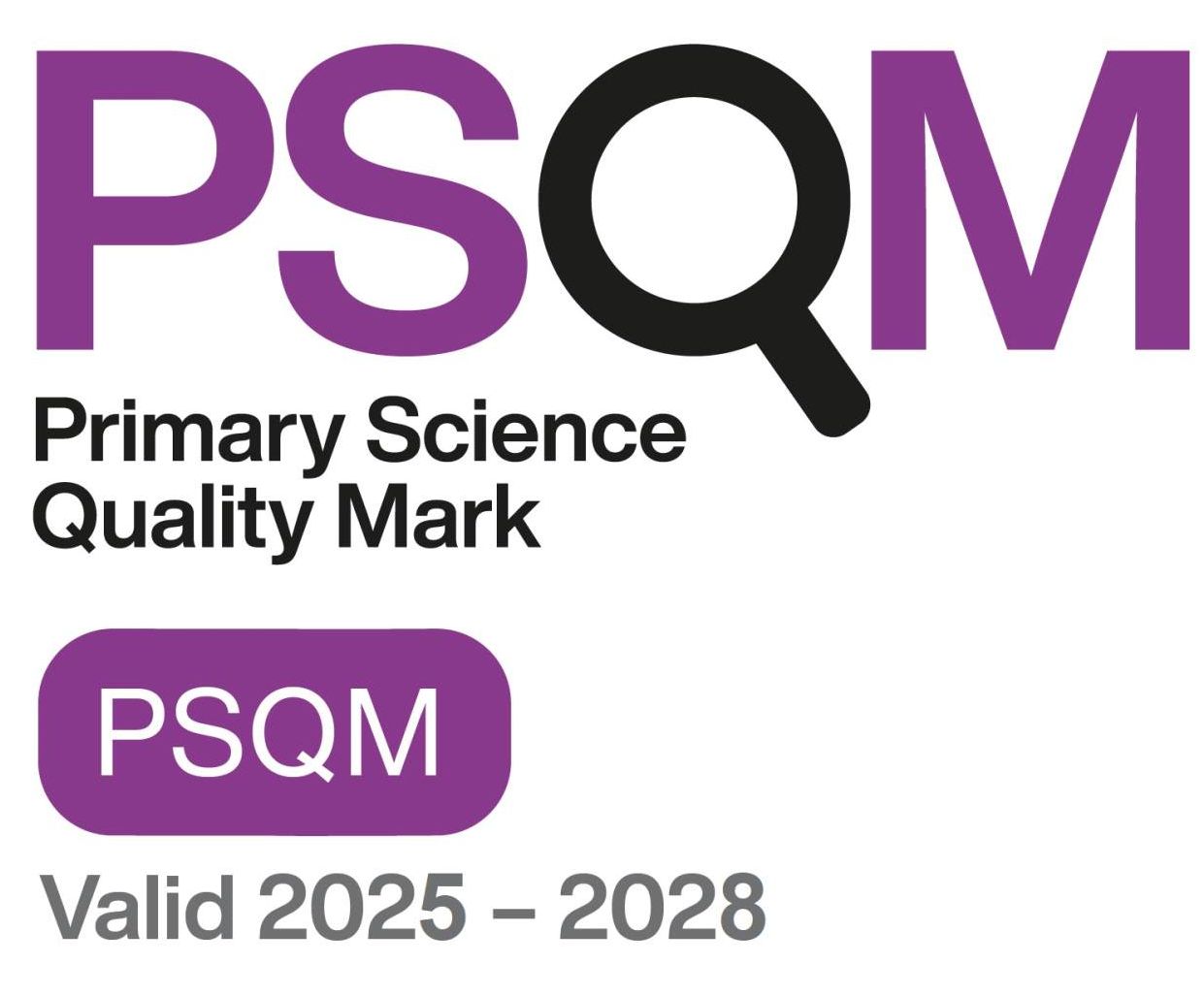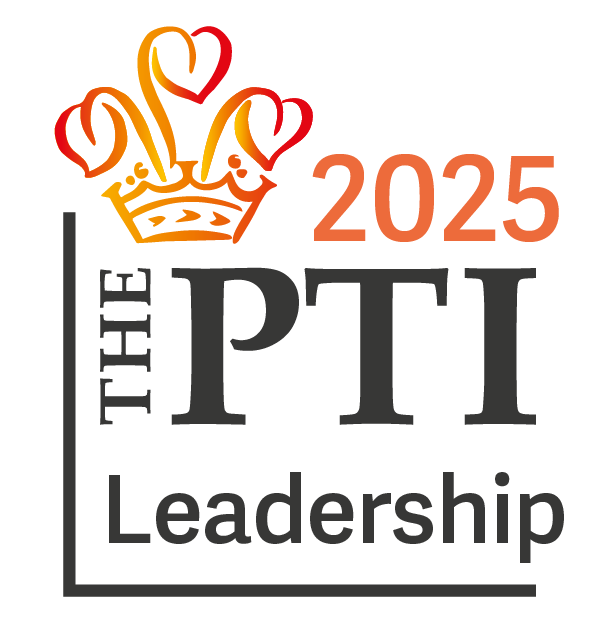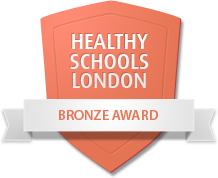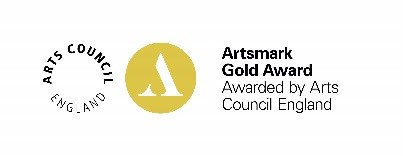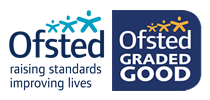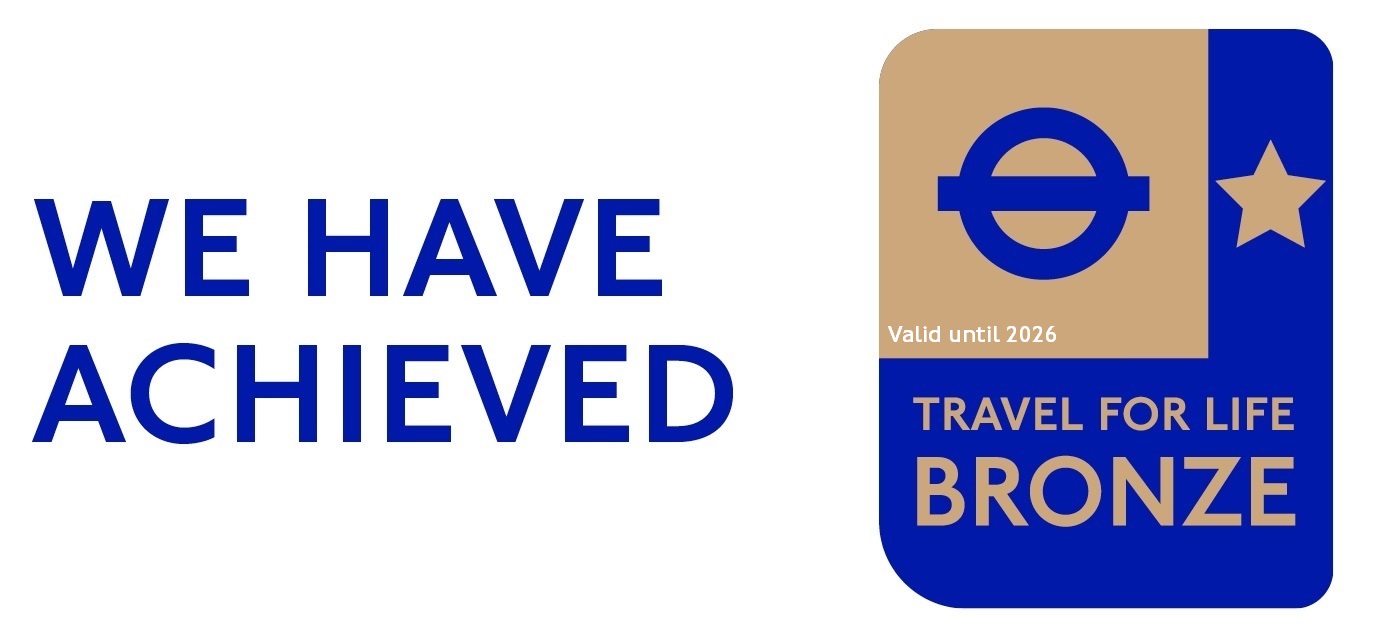Reading
Building on the excellent start our children make in phonics, the robust teaching of reading continues into Key Stage 2 (year 3 - 6).
How we teach reading in KS2
Fluency
At Sunnyhill Primary School we know that reading is the gateway to all learning and that being able to read has a strong correlation with future success for our children beyond being in our school. In Key Stage 1, the strong foundations of phonics mean that, by the time pupils are in year 3, they are able to decode confidently. By the end of year 6, we aim for our pupils’ reading to be fluent and effortless for them to manage the demands of the curriculum.
Fluency is taught as part of every reading cycle.
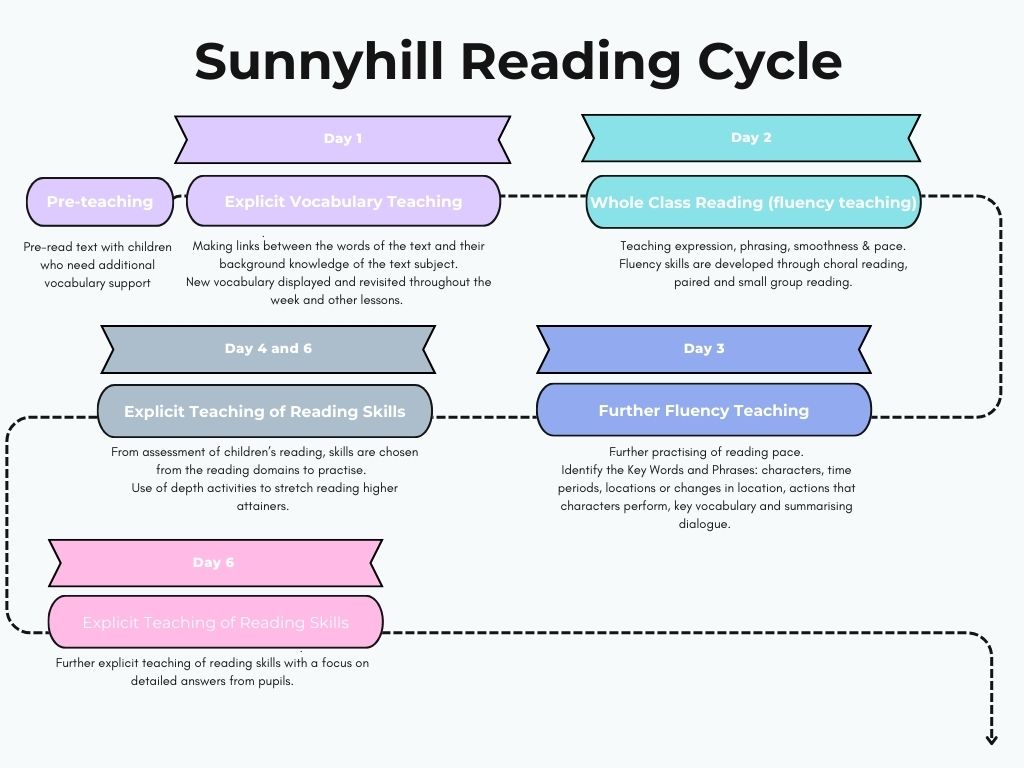
We assess fluency 3 times of the year to ensure children are making progress. Where progress is slower than expected, children will be supported to read in school with an adult. Where children are new to the country, have additional literacy needs or have missed phonics input in Key Stage 1 we provide targeted support for pupils with additional phonics sessions throughout year 3, 4 and 5. These pupils are regularly assessed so that they are in a group where they can make the best progress.
Pupils are expected to read at home Monday, Tuesday, Wednesday and Thursday evening and comment in their reading record. We encourage children to read with an adult for support with new words and understanding the text.
Comprehension
From the beginning of when children learn to read they will be encouraged and taught to understand what they read and engage with the words in texts. As they progress through Key Stage 2 they are taught how to master the different content domains through a mixture of age-appropriate texts including novels, poetry, non-fcition and extracts.
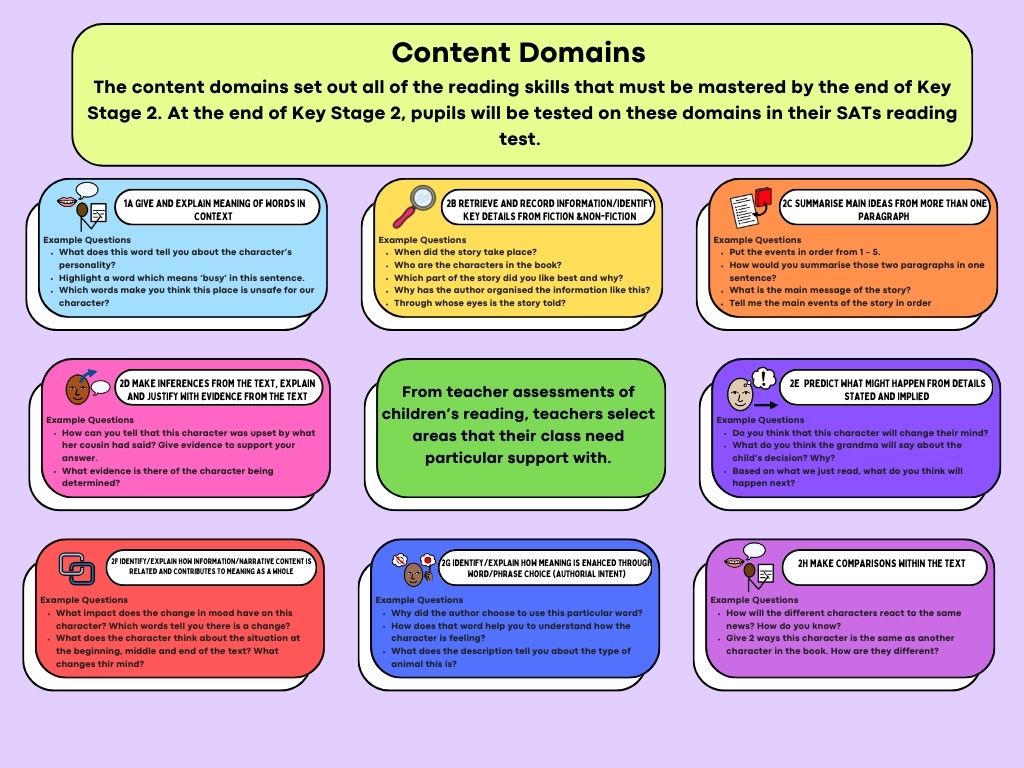
In our English lessons, all of our units are taught through a text using The Literacy Tree which places high-quality children’s literature at the heart of their writing journey.
Children in Key Stage 2 complete 3 reading tests throughout the year where the teacher is able to assess their progress. These reading tests give us the information to target the specific content domains that children need more support in. Any children who do not make the expected progress will be targeted for reading with an adult 1:1 in school.
Reading for Pleasure
Whilst following a rigorous and extensive reading curriculum, we ensure that our children develop a love of reading and reading for pleasure is a key feature of our school.
At Sunnyhill, we have a school culture that values and supports reading for pleasure; our teachers inspire pupils and engage children in reading widely. As a school we acknowledge pupils’ developing interests as they mature in their reading choices. We provide modern and classical literature in every classroom and we have a wide range of fiction and non-fiction available in our library. Pupils visit the school library once a week. Trips to our local library are organised at the beginning of the academic year to encourage children to use their community library. Time for children to read to themselves, with peers and be read to are planned throughout the day.
We ensure that our children have daily time for high-quality stories to be read aloud by their teacher. Teachers choose stories that capture the children’s imagination and those where children encounter their own experiences and perspectives and those that are different from their own. At story time, the book is explored deeply through discussion of characters, their motivations, plots and what might happen next.
Reading Across the Curriculum
We understand that the whole curriculum can develop pupils’ reading comprehension. Reading across the curriculum supports the knowledge and vocabulary to be learned in each subject. We ensure that children are being given the opportunity to learn through what they are reading and we have accessible, age-appropriate texts for each subject children encounter. Where children are required to research on the internet, teachers carefully select these websites to ensure they are also accessible and age-appropriate. All texts build on pupils’ prior knowledge and vocabulary from previous learning so that they are prepared to understand increasingly complex texts.






